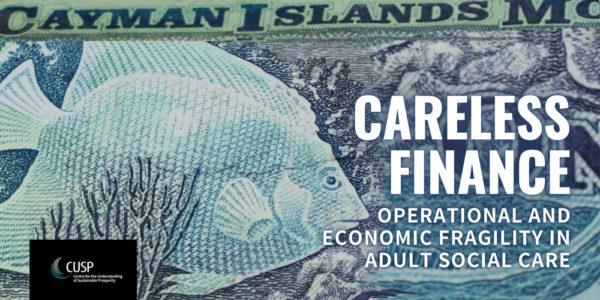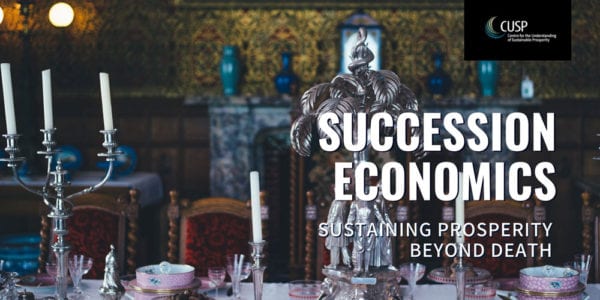The financialisation of anti-capitalism?—The case of the ‘Financial Independence Retire Early’ community
Journal Paper by Nick Taylor and Will Davies
Journal of Cultural Economy | March 2021

The Financial Independence Retire Early (FIRE) community consists of individuals each personally dedicated to reducing consumption, so as to build up financial surpluses that are eventually adequate to live off.
While it shares certain features in common with other ‘financial independence’ ideologies and self-help communities, one thing that distinguishes it is the emphasis on frugality.
Freedom comes to consist not only in independence from the labour market, but also from materialism, consumerism, and consumer debt.
At the same time, this freedom is predicated on passive investment in the stock market and reliance on financial techniques for representing the future.
Using semi-structured interviews with leading FIRE advocates and analysis of books and blog content, this paper assesses the ambivalent moral economy of FIRE, to understand how and why individuals seek this unusual relationship to capitalism, that pursues the status of rentier through the strategic rejection of materialism.
The article can be found in open access format on the Taylor & Francis website. If you have difficulties accessing the paper, please get in touch: info@cusp.ac.uk.
Citation
Nick Taylor & William Davies (2021) The financialization of anti-capitalism? The case of the ‘Financial Independence Retire Early’ community, Journal of Cultural Economy, DOI: 10.1080/17530350.2021.1891951



